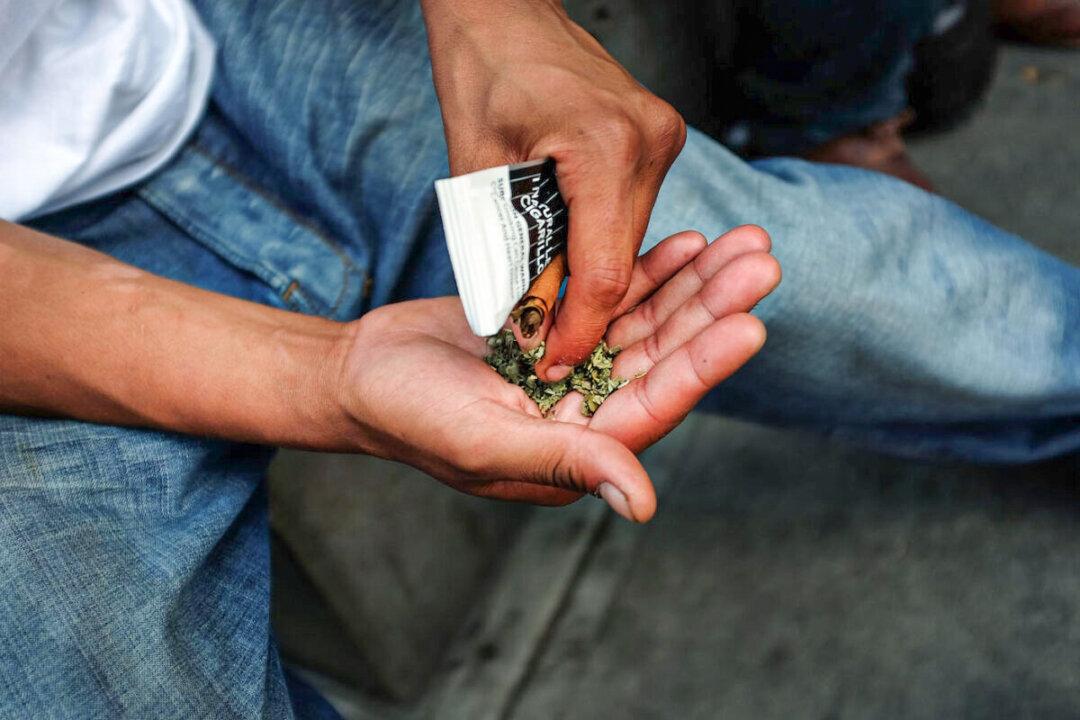LONDON—An inmate masterminded an ingenious plan to smuggle the drug spice into several prisons by dissolving it and then impregnating legal correspondence with the solution, a jury has been told.
Alex Mullings, 32, also dreamed up a scheme to smuggle packages of drugs and dozens of tiny Zanco mobile phones into Swaleside prison in Kent by drone in the middle of the night, a trial at Southwark Crown Court heard.





